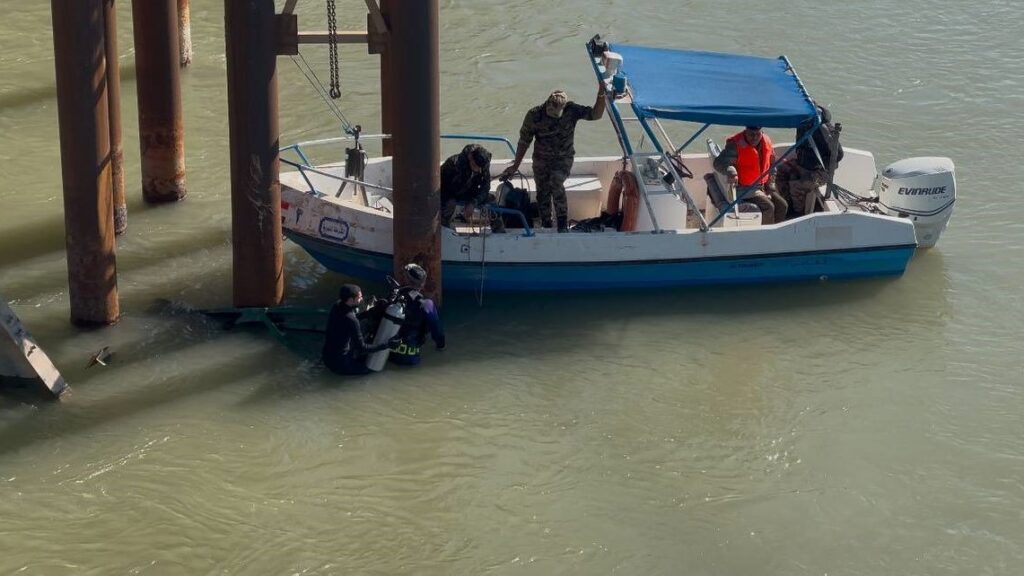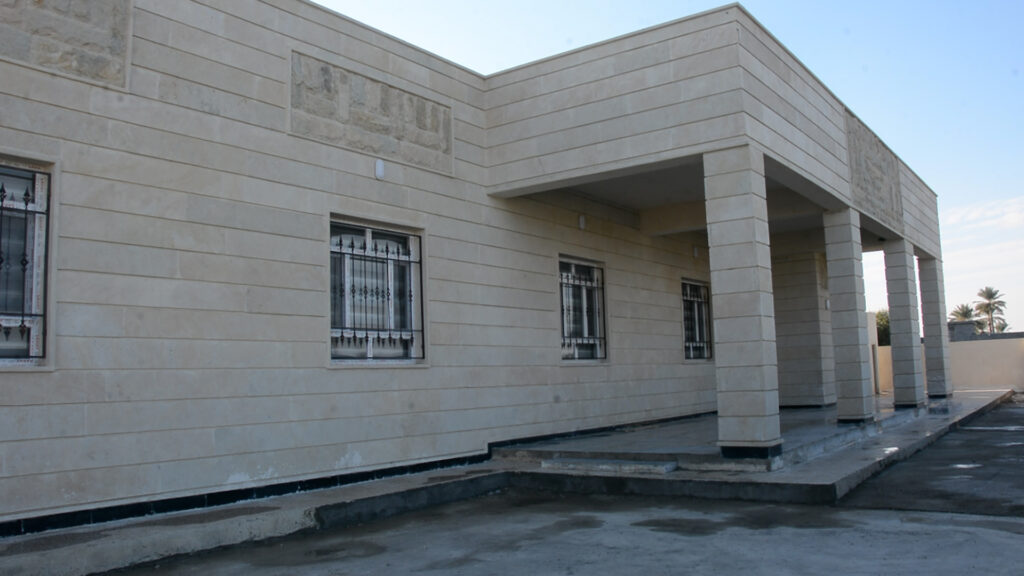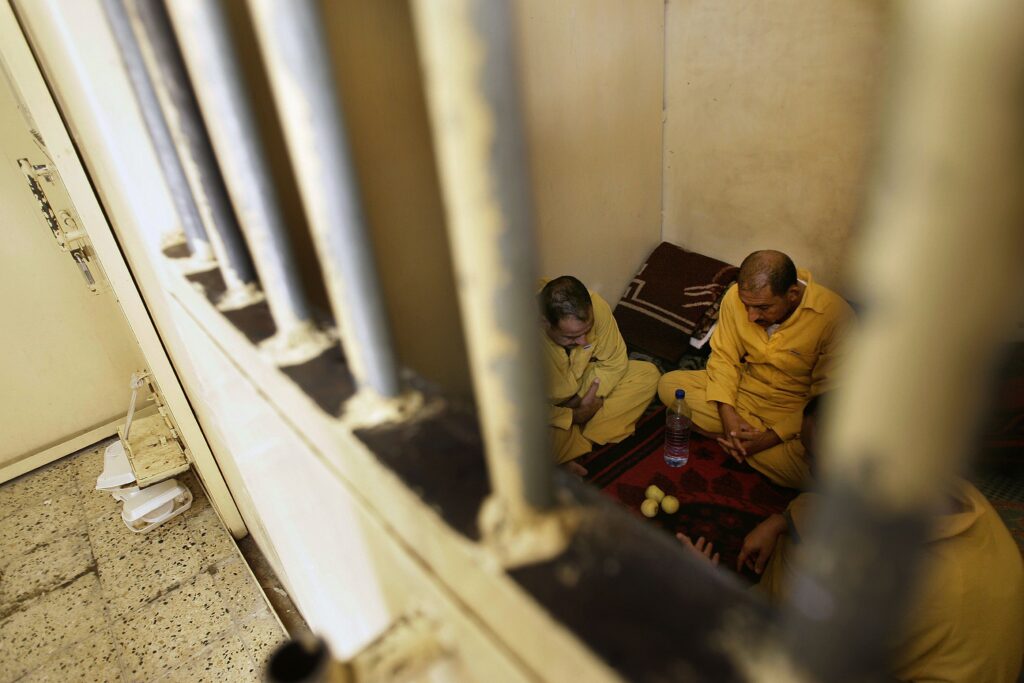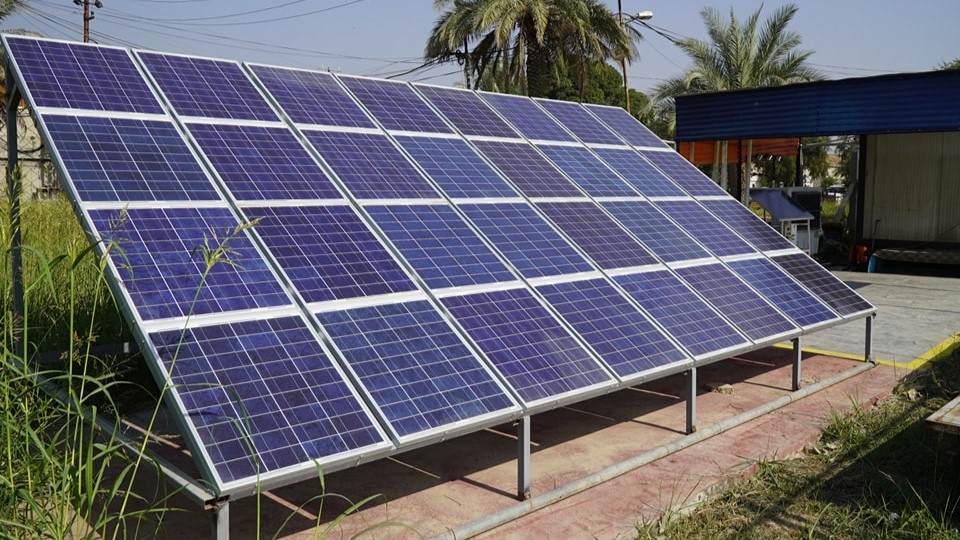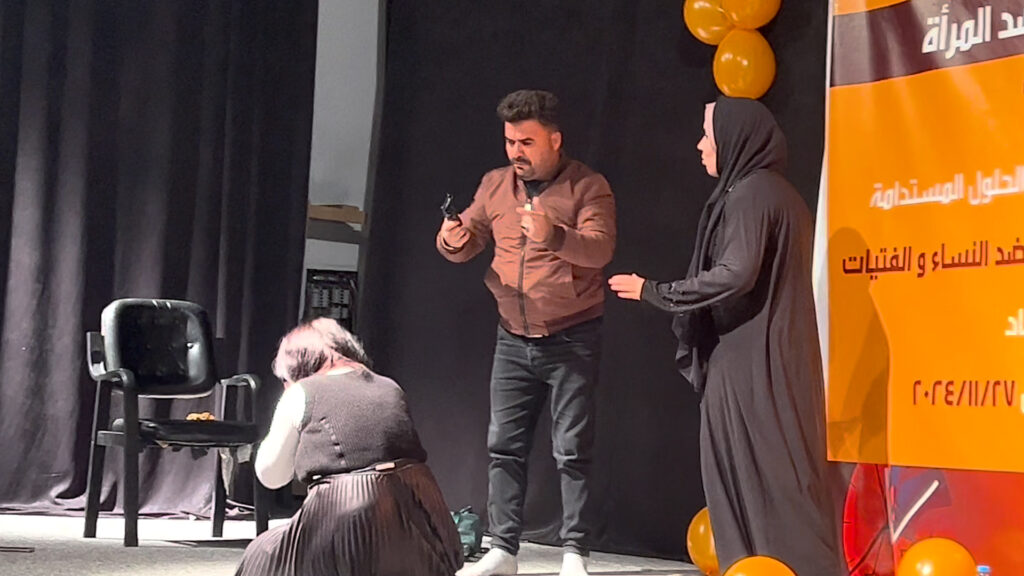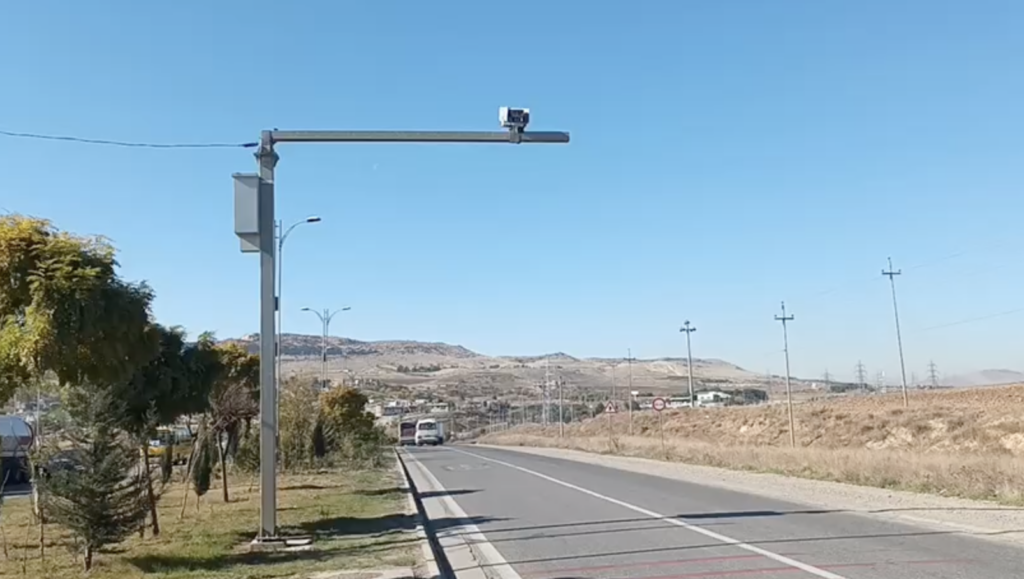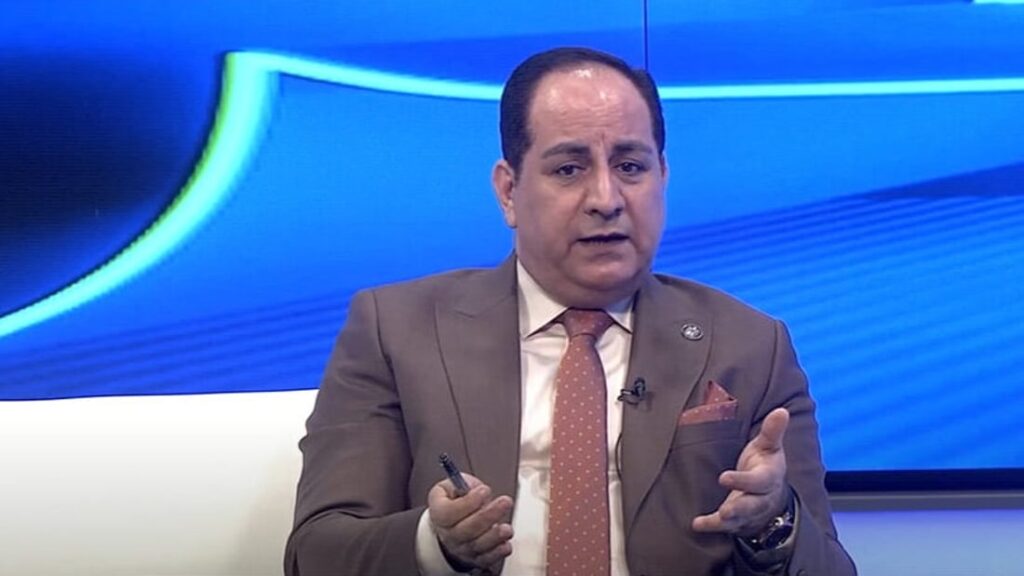Iraq: The humanitarian response in Iraq: support beyond international assistance in Mosul

The city of Mosul in northern Iraq has been subject to a series of humanitarian crises, most recently as a consequence of the conflict between the Islamic State of Iraq and the Levant (ISIL) and the federal government of Iraq. From 2014 to 2017, ISIL ruled Mosul as a ‘shadow government’, before the city was recaptured by the government. Inhabitants of Mosul have faced displacement and sectarian violence, the impact of which is now reflected in the support and income available from humanitarian aid, jobs and assistance.
The start of 2018 marked the first time since the end of the conflict that the number of people returning to their area of origin surpassed the number of displaced people in Iraq. Yet in Mosul, returning residents are faced with a challenging and often hostile economic and social environment in which to attempt to rebuild their homes and livelihoods.
This report contributes to HPG's research on alternative sources of humanitarian funding, the hypothesis of which proposes that international humanitarian assistance is only a small proportion of the total resources used in crisis response. Instead, help from other sources can often be a more significant and reliable means of support for those affected by crises.
This case study explores this hypothesis in the city of Mosul, using the lens of displacement status to explore how the various sources of support have been impacted by conflict and occupation. The 300 respondents to this study’s household survey were comprised of three equally sized groups: internally displaced people; those who were displaced but have since returned to their area of origin; and those who have stayed in Mosul since the onset of the conflict with ISIL in 2013. This survey was complemented by in-depth interviews with affected people and humanitarian responders.
Read the full report on ODI-HPG

